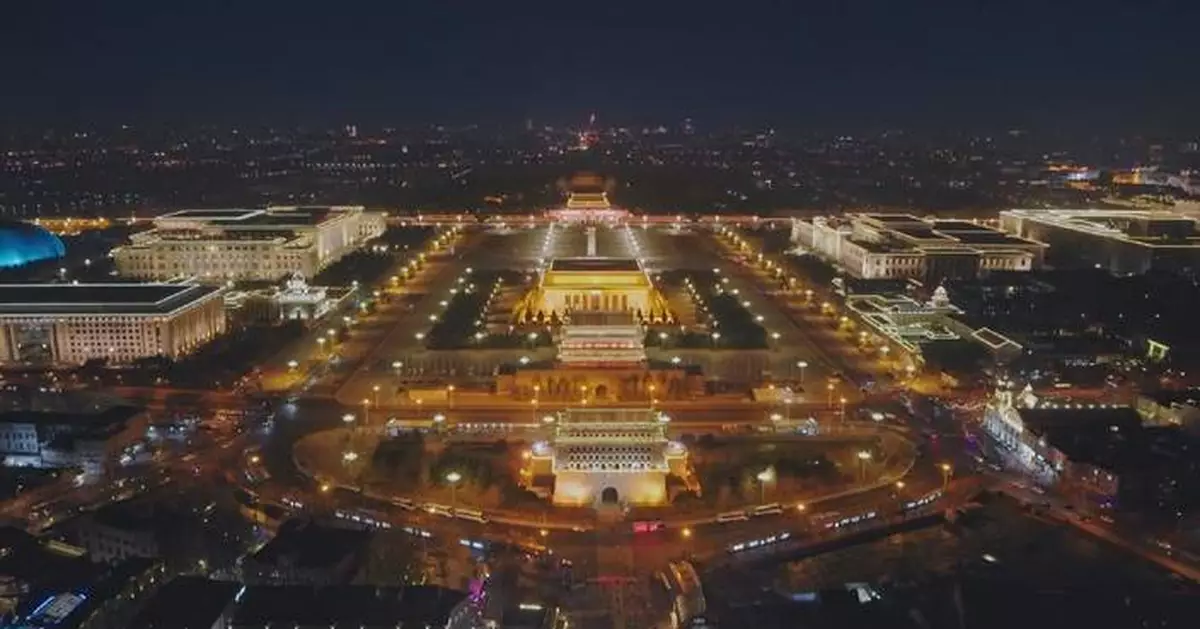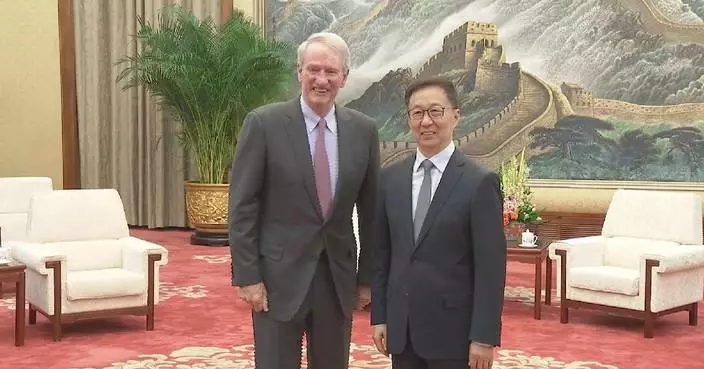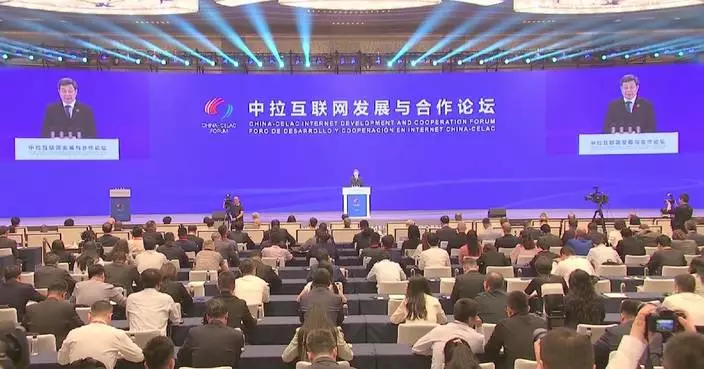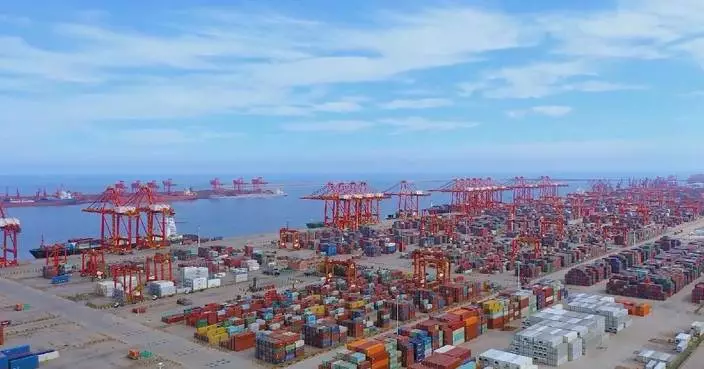China's economy has remained resilient over the last year and is poised for further growth in 2025 with high-quality production set to be a key driver, according to a Malaysian analyst, who noted the tone of Chinese President Xi Jinping's annual New Year address also sends out a positive signal for the year ahead.
In his new year message broadcast on Tuesday, Xi said that China's economy has rebounded and is on an upward trajectory, while noting the need to transform old growth drivers into new ones.
Giving his reaction to Xi's address and outlining his own economic expectations for the coming 12 months, Bunn Nagara, director and senior fellow at the Belt and Road Initiative Caucus for Asia-Pacific (BRICAP) in Malaysia, believes there have been encouraging signs despite various headwinds.
"Of course the big achievement is actually to try to overcome the national economy's challenges. And [President] Xi also talked about the economy experiencing a rebound already in 2024. Although there is a lot more to be done on that score, I think we have seen signs last year of a return to normalcy, post-COVID, for example, a rise in consumer demand, [and] manufacturing doing better. And even the signs of more consumer spending, including areas like outbound tourism. The data is there, and we are seeing a slow but still steady return to economic normalcy. So it's a matter of time I think before the national economy of China returns to pre-COVID days and then to grow even further," he said.
Nagara also highlighted the optimistic tone of Xi’s address, which acknowledged some of the challenges and uncertainties facing the economy but suggested a continued push in China’s industrial production and other new emerging sectors.
The analyst also noted 2025 has been "earmarked" by the Chinese government as a year when "quality production improves significantly over a range of factors".
"This is something that's going to continue over the next few years despite the challenges, but as to how far this will go in terms of quality and quantity of industrial production, we'll have to wait and see, but I think the trend is there, and generally Xi’s address has been one that is upbeat, and also generally optimistic without wallowing in or ignoring the challenges that remain," he said.
On the global front, Nagara noted there is a general recognition of the trends which were alluded to in Xi's speech such as greater cooperation through multilateral organizations like BRICS and among the Global South, particularly in trade and investments, all of which is shaping the international landscape.
Looking ahead, the researcher highlighted China's record-breaking performance in the production of electric vehicles last year, and believes this success can be replicated in other sectors.
"President Xi has also mentioned new quality productive forces and this is something in terms of production factors [that is] achieved by industry at a certain level of industrial maturing, a mature industry, and enjoyed by industry sectors that take production to higher levels. So, one of the achievements out of many in 2024 has been the output of electric vehicles or EVs, and it's reached 80 percent of global output of EVs. And for China, [the production of] more than 10 million [EVs was] already achieved in November 2024. And this is something which inspires production in other industries," Nagara said.
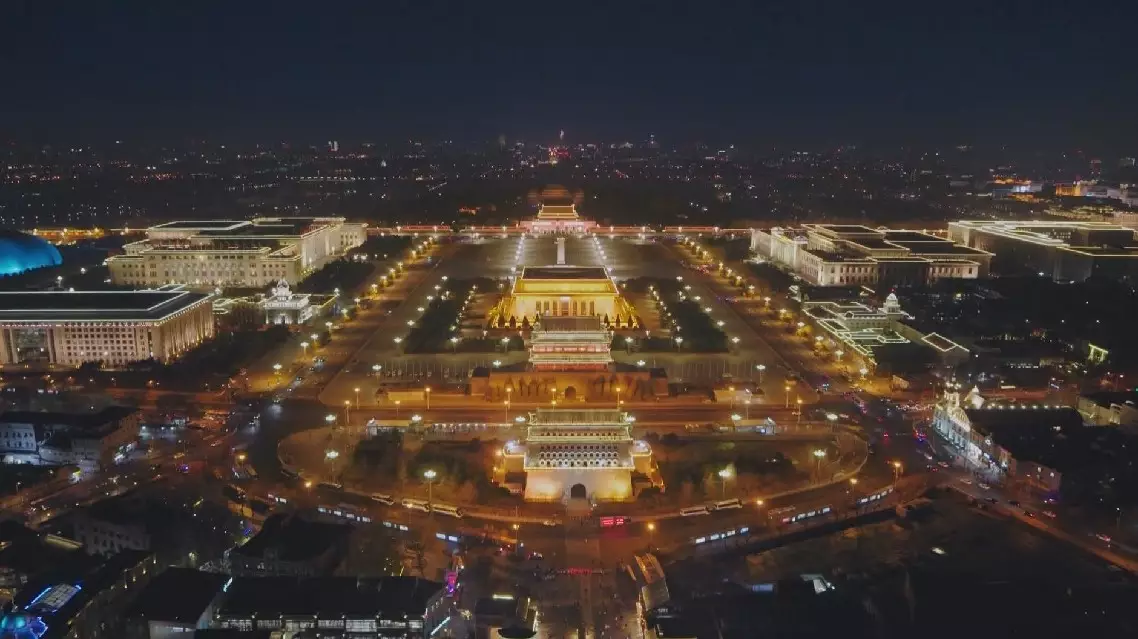
China's economy set to grow with increased industrial production in 2025: Malaysian analyst


